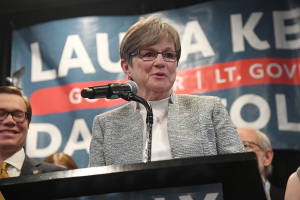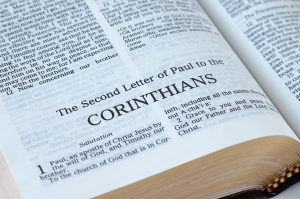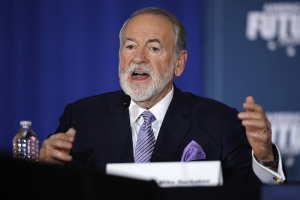Hebrew Bible's 'Errors' Corrected for First Time in 500 Years
A Jewish scholar has completed a 30-year project that involved him correcting what he claims are hundreds of grammatical errors in the Hebrew Bible, or the Old Testament, putting the text through its first edit in almost 500 years.
Israeli Judaic scholar Menachem Cohen, 84, revealed earlier this week that he had corrected about 1,500 grammatical blemishes in the Hebrew Bible. His work is set to be published next year.
"The people of Israel took upon themselves, at least in theory, one version of the Bible, down to its last letter," Cohen shared with The Associated Press from his office at Bar-Ilan University near Tel Aviv.
"It was amazing to me that for 500 years, people didn't sense the errors," he added. "They just assumed that everything was fine, but in practice everything was not fine."
The last corrected version was published by Jacob Ben-Hayim in 1525, and called the Makroat Gedolot, which put together the religion's varying texts and commentaries.
Cohen is not the only Jewish scholar to notice and try to correct the errors – currently, the Hebrew University Bible Project in Jerusalem is also working on a scholarly edition of the Hebrew Bible. The project's editorial coordinator, Rafael Zer, has said that he finds Cohen's version "quasi-scientific" because it lacks a guide of how and why the supposed errors were corrected.
While giving credit to the hard work Cohen put in, Zer said that it "comes at the expense of absolute accuracy and an absolute scientific edition."
Cohen, a former teacher, has stressed that he wants his revised version of the Old Testament to go online and be made available to as many people as possible, including students. As a former scholar, he has said that his main goal is to "correct the past and prepare for the future."
"I want the Bible to be user-friendly," Cohen said. "Today, we can create sources of information and searches that allow you to get an answer to everything you are wondering."
The scholar also clarified that he was not seeking to change the language in the sacred Torah scrolls, which are used for religious rites. According to Jewish law, if even a single letter is incorrect, the entire scroll is void.
Cohen says his work does not affect the meaning of the Bible's contents. For example, in some places markers used to denote vowels in Hebrew are incorrect, or letters in some words may be spelled wrong – but the meaning remains the same. To aid him in his work, the professor used primarily the Aleppo Codex, the 1,000-year-old parchment that is regarded as the most accurate copy of the Hebrew Bible.





























